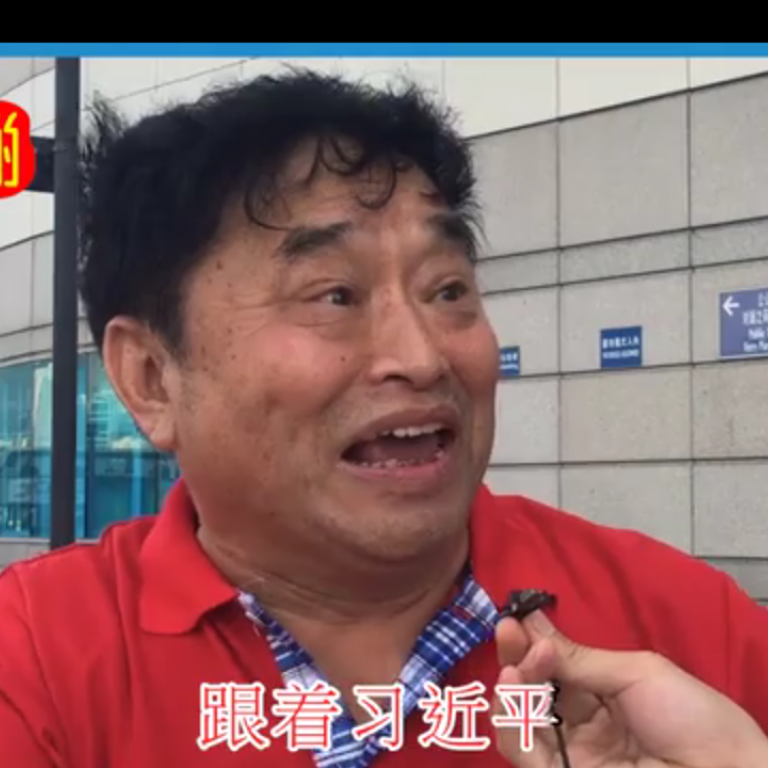
Pro-Beijing group calls video by Hong Kong website ‘insulting’ to mainland Chinese, wants review
Clip by TV Most, known for its satirical content, poked fun at mainland visitors who expressed pride when asked how they felt about China’s National Day
A pro-Beijing group has called on the city’s equality watchdog to investigate whether a video by an online media outlet has breached the anti-discrimination law.
The video in question was produced by multimedia website TV Most, which has become widely popular for its satirical takes on the city’s current affairs.
In the clip published on Tuesday, mainland visitors in Hong Kong were asked how they felt about China’s National Day.
It showed all the respondents expressing pride in how strong China had become, with their answers interspersed with other video clips which poked fun at their enthusiasm.
A short poem, with a hidden message condemning mainland China, concluded the three-minute-long video.
Bauhinia Action convenor Rebecca Hung, who filed a complaint to the Equal Opportunities Commission (EOC) on Friday, said: “The video smears and insults mainland Chinese.”
Hung urged the commission to investigate the incident.
“TV Most should apologise and explain why it made the video,” she added.
A spokesman of the commission said: “In view of the issue of confidentiality, the EOC will not comment on individual cases.”
In 2014, the equality watchdog consulted the public on whether discrimination based on nationality and citizenship should be prohibited as part of its review of the city’s discrimination legislation.
It faced heavy criticism over this recommendation, particularly from localist groups, as the protection would extend to mainland Chinese and new immigrants.
Following the public discussion, the commission called on the government to conduct a public consultation and introduce protection against discrimination on such basis in March.
TV Most did not respond to enquiries by the South China Morning Post.

